 STOCK PHOTO | Image by Benzoix from Freepik
STOCK PHOTO | Image by Benzoix from FreepikBy Tiffany Uy and Jaymes Shrimski
FROM market stalls to neighborhood stores in the Philippines, small businesses are doing more than selling goods — they’re carrying dreams.
For many Filipino micro, small and medium enterprises (MSMEs), starting their own business is motivated not by the profit alone, but by purpose. The people behind these energized enterprises are driven by goals to build a better future for their families, pursue personal passions, and send their children to school.
Growth is the top priority for many MSMEs, but achieving growth requires more than grit and dreams. It demands an environment made up of digital technologies, new markets, skilled labor, accessible capital, and government programs that work for them. Too often, these systems fall out of step with everyday realities.
The question is, what will it take to help MSMEs not just survive but thrive? Behind every MSME is a parent, a provider, a builder of opportunity. Supporting MSMEs is therefore not only an economic priority, but a commitment to the people behind them, and the dreams they carry.
Boston Consulting Group’s recent publication, Heart of Hustle: What Fuels the Filipino MSME — developed in partnership with the Department of Trade and Industry (DTI) — captures insights from over 3,000 MSMEs across five key dimensions of support. It uncovers where the system is falling short and where focused action can unlock the full potential of the country’s most avid dreamers.
ACCESS TO FINANCING
Most MSMEs know that growth requires capital, yet for many, formal financing still feels out of reach. Today, 83% of MSMEs rely on personal savings to fund their business. And while credit is technically available, it’s not meaningfully accessible. More than half of MSMEs (55%) have never applied for a loan, with 42% citing fear of debt, 34% pointing to perceived high interest rates, and 16% feeling the application process is too complex.
For business owners who seek stability for their families, borrowing can feel like a gamble, not a growth strategy.
Even among those MSMEs who have successfully borrowed, the majority report accepting small loans, typically as a last choice. This hesitancy stems from distrust and misalignment, not disinterest. MSMEs require financing that is safe, understandable, and tailored to their specific needs, rather than simply being “open” to them.
These findings demonstrate we should rethink how financing is offered, messaged, and supported. Effective solutions must reduce both friction and fear — embedded lending via supplier networks, micro-loans bundled with training, or community-led onboarding that demystifies debt. Only then can capital become the enabler it’s meant to be, not another barrier to overcome.
ACCESS TO MARKETS
The ambition to grow is clear — 88% of MSMEs want to expand, and 72% hope to enter new markets.
However, intent often outpaces readiness, with fewer than half of MSMEs (44%) feeling they have the information they need to support expansion, and only 39% participating in trade fairs for wider visibility.
Going international is even harder. One in three MSMEs aspire to export, but face compounding barriers. These hurdles include limited knowledge of regulatory requirements, lack of access to export financing, and low confidence in navigating unfamiliar buyers or markets.
Many MSMEs are willing to do the work, but don’t know where to begin. Bridging this gap calls for systems that build knowledge and lower participation costs. This could include pricing guidance, market insights, matchmaking platforms, and export coaching. With the right foundations, today’s neighborhood vendors could become tomorrow’s regional exporters.
ACCESS TO TOOLS AND INFRASTRUCTURE
Most MSMEs recognize the value of digitalizing portions of their operations, yet for many, digital adoption still feels out of reach.
While 77% of Filipino MSMEs aspire to use more digital solutions, only 20% report increased usage in the past year — and just 16% use any digital tools at all. This adoption gap isn’t due to lack of belief. Almost three quarters (72%) of MSME owners say digital tools can improve their business. Rather, this reluctance stems from perceived barriers — 74% believe their businesses are too small, and 50% believe they lack the technical expertise to implement.
For many MSMEs, digitalization feels complex, costly, and misaligned with how they operate day to day. Even among adopters, usage is concentrated on familiar tools like Microsoft Office (52%) or video conferencing tools (37%), while tools more directly tied to business outcome — like accounting software, point-of-sale systems, and inventory management — remain underused. These challenges are especially acute among microenterprises like sari-sari store owners and food service operators, where manual operations dominate and where even modest digital upgrades could unlock meaningful efficiency gains.
Closing this gap demands tools that are simple, affordable, and aligned with how small businesses are actually run. We should rethink how digital solutions are designed, delivered, and supported. This could look like bundled kits with training, mobile-first platforms, or agent-assisted onboarding in local languages.
ACCESS TO GOV’T SUPPORT
Most MSMEs want to engage with government support, yet access remains confusing and inconsistent. While 77% of MSMEs say they can comply with regulations and 62% report positive experiences with basic permits, satisfaction for financing support (36%) and upskilling of job-seekers (48%) is notably lower.
Awareness of government programs among MSMEs is high, but awareness alone doesn’t translate into participation. Over 70% recognize initiatives such as Negosyo Centers, Kapatid Mentor ME, Go Lokal, and Pondo sa Pagbabago at Pag-asenso. Yet actual participation remains below 20% for most initiatives, citing barriers such as unclear eligibility and difficulty understanding which offerings apply to their specific business.
These challenges are particularly pronounced among smaller players. Sari-sari store owners, for example, engage little beyond the most accessible support channels such as the Negosyo Center program. Meanwhile, food service operators struggle with labor law compliance and would deeply benefit from simplified hiring guides and labor law explainers. Across the board, only 21% of MSMEs are registered with Social Security System (SSS) as employers, and even fewer with Philippine Health Insurance Corp. (19%) or the Department of Labor and Employment (DoLE)with 14%.
The need is not simply for more programs, but for those that are easier to access, better tailored to business size and sector, and more clearly communicated. For government support to unlock MSME growth, it must shift from being available in principle to being usable in practice.
ACCESS TO LABOR
MSMEs are eager to grow their teams but face persistent gaps in accessing, developing, and retaining the talent they need.
Two-thirds of MSMEs (72%) say they want to expand their workforce, and 82% hope to upskill existing staff, yet only about half feel confident in their current training efforts or in the skills of available talent. Fewer still (48%) feel that the government is doing enough to help jobseekers upskill.
Labor-related compliance adds another layer of complexity. Just 14% are registered with the DoLE, and awareness of key labor laws — such as overtime and holiday pay rules, employee contracts, occupational safety and health standards, and termination pay— remains low. For many MSMEs, especially smaller enterprises, formal employment processes are unfamiliar, underutilized, or perceived as too complex.
Hiring remains largely informal for MSMEs. The majority of these enterprises still rely on walk-ins, referrals, or social media to fill roles, while structured recruitment channels like school partnerships or job platforms are used far less.
While 26% of MSMEs rely on walk-in applicants for hiring new talents, just 3% rely on university and school partnerships. This results in limited talent reach and poor job fits. For example, in the manufacturing segment, high turnover and skill mismatches remain persistent challenges.
MSMEs express strong intent to improve their labor practices but need talent systems built for their scale. This includes simple hiring templates, accessible upskilling programs tailored to sector and scale, and better access to part-time or seasonal worker networks where relevant. To unlock MSME growth, labor support must move beyond regulation toward enabling practical, responsive solutions that help small businesses build and retain the teams they need to thrive.
Filipino MSMEs are not short on ambition. They are short on fit-for-purpose support. Across all five pillars explored — financing, market access, tools and infrastructure, government support, and labor — it’s clear that the desire to grow is strong, but the systems around MSMEs are not always designed with their realities in mind.
This is a call to treat MSME support as economic infrastructure and not social aid. This means:
Extending metrics of success beyond program enrollment and into outcomes such as asset growth, job creation, and survival rates.
Building progressive pathways for credit access, starting from micro-limits tied to behavior and trust-based models that grow over time.
Designing support based on how MSMEs actually operate — not by downsizing corporate tools, but by building for workflows shaped by limited capital and daily reinvention — where time, capital, and capacity are structured differently.
If we can take the steps to build with MSMEs — like building systems that are simple, responsive, and rooted in real experiences — we don’t just unlock income or jobs. By doing so, we catalyze dignity and inclusive progress, by helping Filipinos turn one of their top dreams into reality: building a business of their own.
Read the full report from the Boston Consulting Group (BCG) here: https://www.bcg.com/publications/2025/philippines-what-fuels-the-filipino-msme
Tiffany Uy is a project leader based in BCG’s Manila office. She is a core member of BCG’s Social Impact practice, working a wide variety of economic development topics with public and social sector clients across Southeast Asia.
Jaymes Nicholas Shrimski is a management consultant at BCG in Manila, with prior experience in venture capital and private banking across Southeast Asia.

 5 hours ago
1
5 hours ago
1





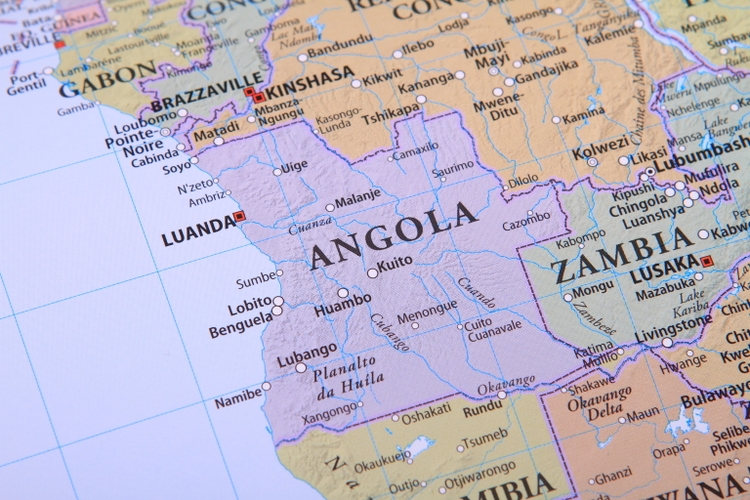

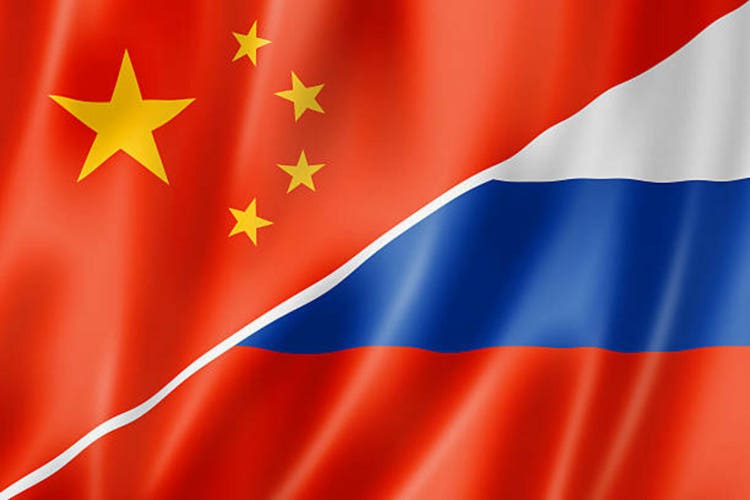


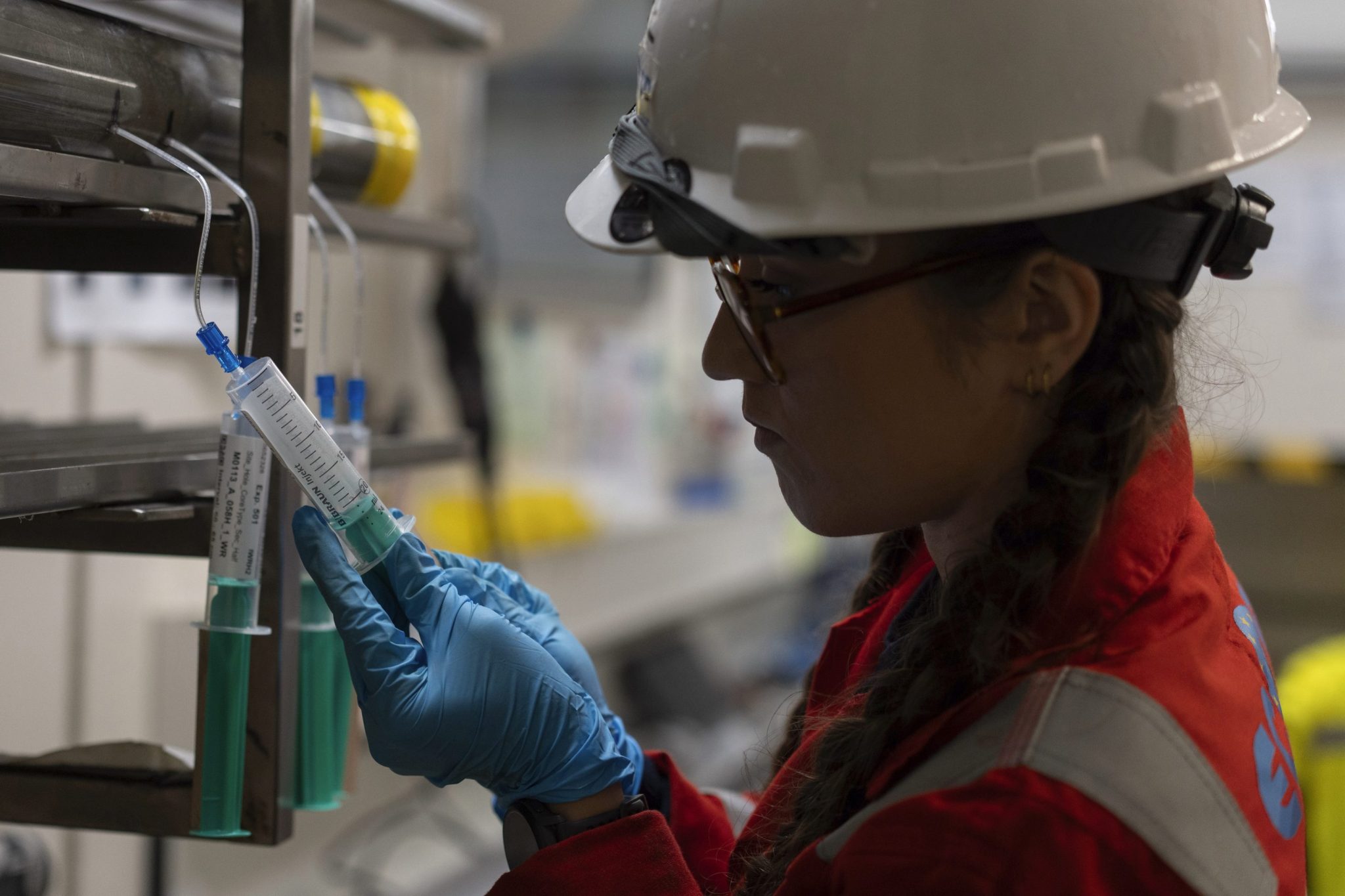
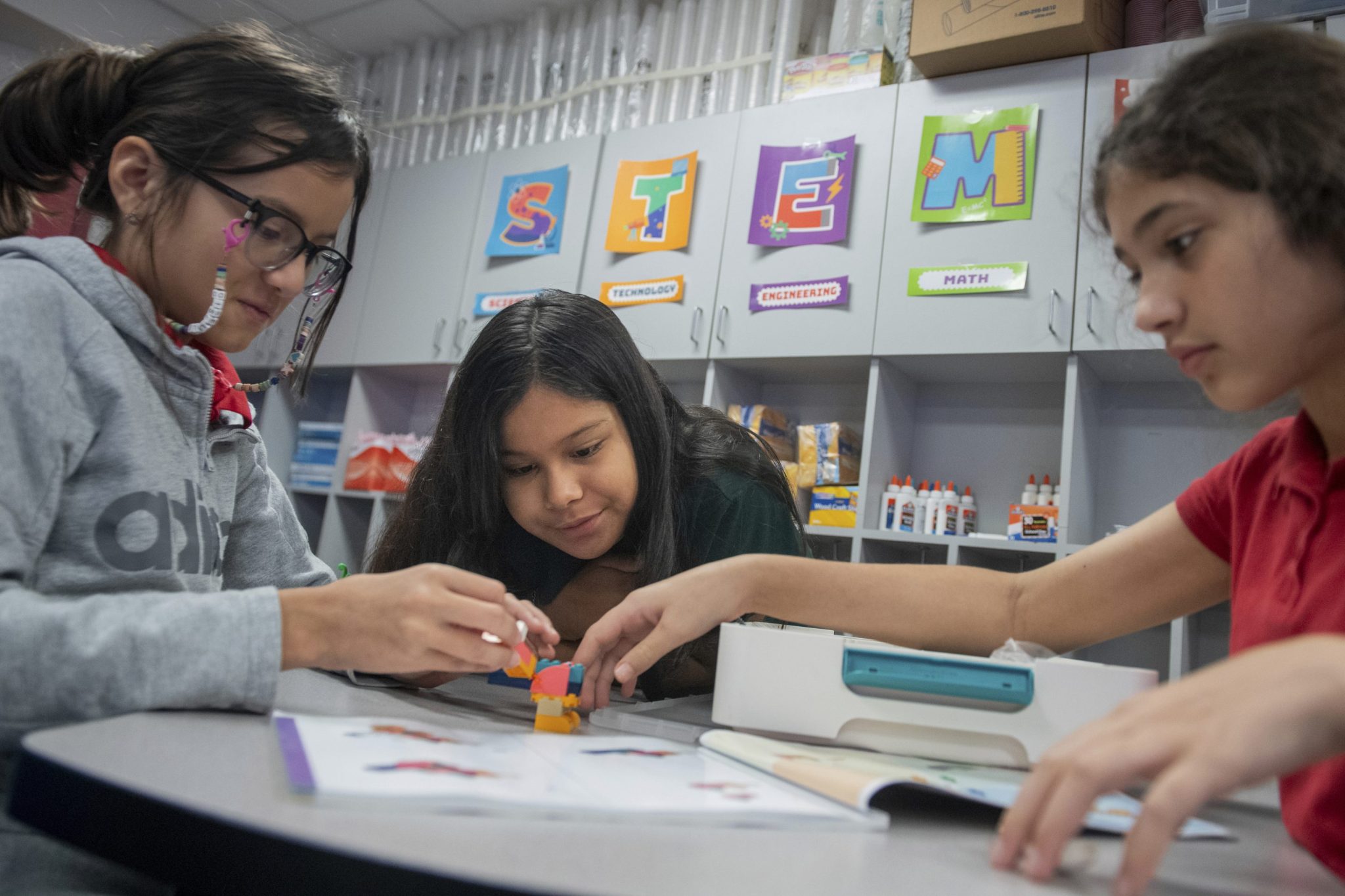




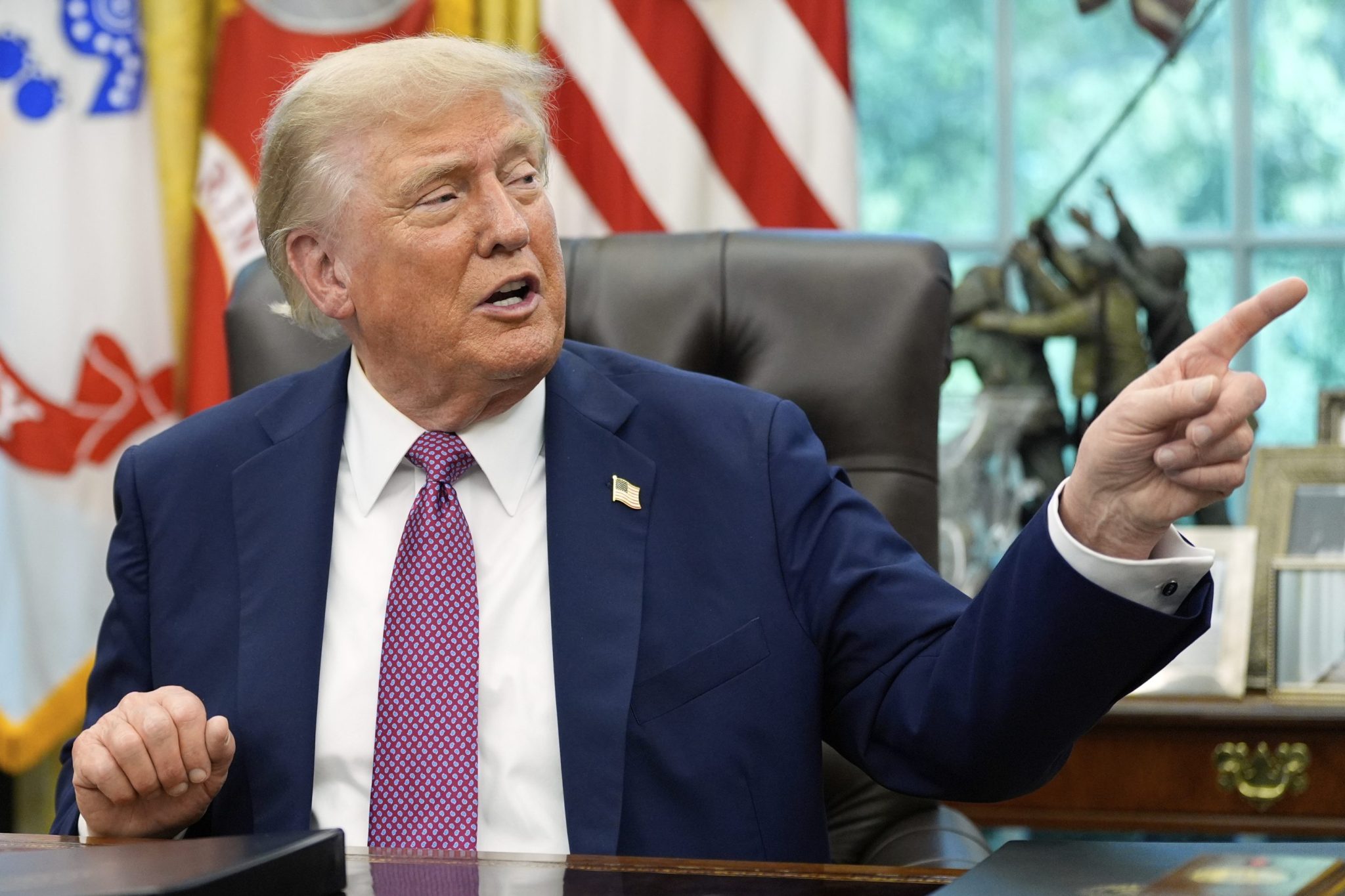


 English (US) ·
English (US) ·